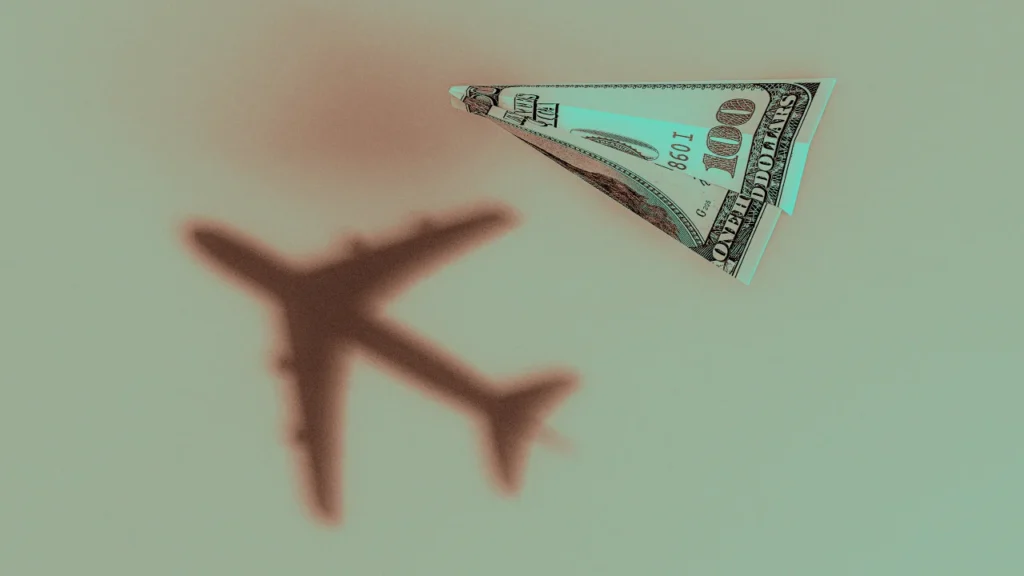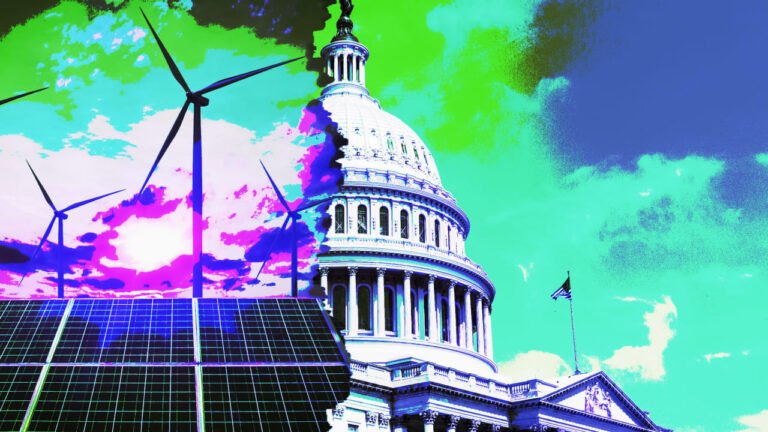
Flying comes with a lot of carbon emissions, but not all plane seats are environmentally equal. Seats that take up more space, like business or first class, come with a higher personal carbon footprint than the tightly packed seats in economy. Private jets, which have fewer than 20 seats total, are even more polluting per person. Now a coalition of eight countries has pledged to tax so-called premium fliers as a way to raise funds for climate action.
The countries in the coalition are France, Kenya, Barbados, Spain, Somalia, Benin, Sierra Leone, and Antigua and Barbuda—all members of the Global Solidarity Levies Task Force, a group launched at the COP28 climate conference in 2023. Municipalities have increasingly considered taxes on polluting activities, like private jet use or carbon emissions, as a way to make it less profitable to pollute, and to finance sustainable development initiatives. This initiative will also be supported by the European Commission.
The tax on premium fliers will affect first- and business-class tickets as well as passengers on private jets, though it’s not yet clear how high the tax will be (a recent unrelated study on private jet use found that taxing private jet fuels at $1.95 per gallon could generate $3 billion annually for decarbonization efforts). A study for the Global Solidarity Levies Task Force found that broad aviation taxes, like on commercial jet fuels and for frequent fliers as well as private jets, combined could generate 187 billion euros (upwards of $220 billion) per year.
Countries have tried to take other steps to curb aviation emissions, like by banning short flights. In 2021, France announced it would ban any flight that could be replaced by a 180-minute train ride. France also recently released plans to drastically cut marine shipping emissions.
Only a small percentage of the world is responsible for aviation emissions. Overall, aviation accounts for 2.5% of the world’s greenhouse gas emissions (its warming effect is stronger, however; aviation has contributed around 4% to global temperature rise since preindustrial times). But that comes from a limited group: Only around 10% of the world’s population flies most years. Just 1% of the world’s population is responsible for more than half of all aviation emissions, a group that has been dubbed “super emitters.”
“Flying is the most elite and polluting form of travel, so this is an important step towards ensuring that the binge users of this undertaxed sector are made to pay their fair share,” Rebecca Newsom of Greenpeace International said in a statement about the coalition’s pledge. “With the cost of climate impacts surging in countries least responsible for the crisis, bold, cooperative action that makes polluters pay is not just fair—it’s essential.”
But Newsom noted that the task force, and other rich countries, should go even further. “The obvious next step is to hold oil and gas corporations to account,” she said, by committing to “higher taxes on fossil fuel profits and extraction by COP30.”


